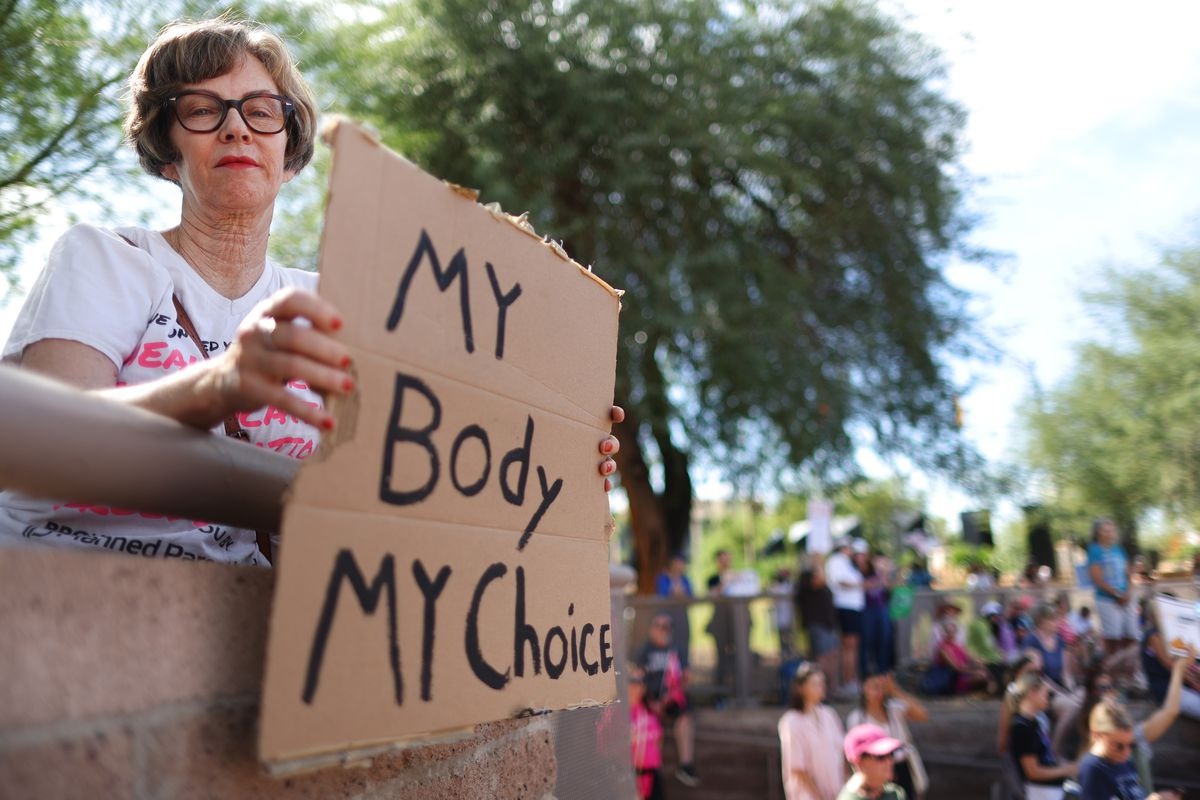The vote to repeal a near-total abortion ban in Arizona has put some conservative voters in a difficult position as they grapple with the intersection of their political party loyalty and deeply held religious beliefs.
The closely watched vote follows a recent Arizona Supreme Court ruling upholding an 1864 abortion ban without exceptions for rape or incest, prompting GOP candidates to distance themselves from the decision.
The Arizona Senate narrowly voted to repeal the Civil War-era ban, with two Republicans joining Senate Democrats. The House had previously passed a bill to repeal the law, and Democratic Gov. Katie Hobbs has pledged to sign it. This shift marks a departure from two years ago when some Republican candidates supported the law.

Arizona Abortion Ban (Credits: CNN)
For voters like Luke Pierson, a pastor and co-founder of an anti-abortion movement, the dilemma is clear: “Who do we count on?” Pierson, a registered Republican, initially celebrated the court’s decision but was disappointed by the lack of exceptions in the law. He emphasizes biblical verses calling for the rescue of those being led to their death, aligning with his opposition to abortion rights.
However, Pierson and other Republican voters are critical of former President Donald Trump’s response to the ruling, viewing it as cowardly. Similarly, some are dismayed by GOP candidate Kari Lake‘s call for collaboration with Democratic Gov. Katie Hobbs to address the issue, perceiving it as a betrayal of conservative values.
Lake’s opposition to the near-total ban acknowledges political realities and reflects a nuanced stance that includes exceptions for rape, incest, and the life of the mother. This approach is seen by some as necessary for maintaining the Republican Party and passing through the complications of abortion politics.

Abortion Ban (Credits: Vox)
While some Republicans prioritize party loyalty, others, like Pierson, prioritize adherence to their religious beliefs, even if it means diverging from party lines. Pierson suggests that candidates should prioritize doing what is right before God rather than pragmatic political considerations.
As the debate over abortion continues to shape political dynamics in Arizona and beyond, the decisions made by candidates and voters alike will have serious implications for the future of the Republican Party and the broader political landscape.























